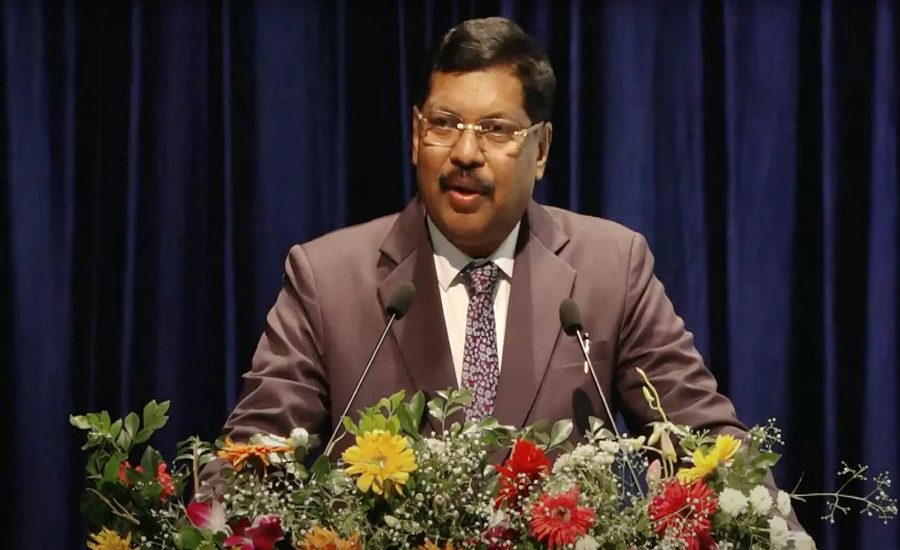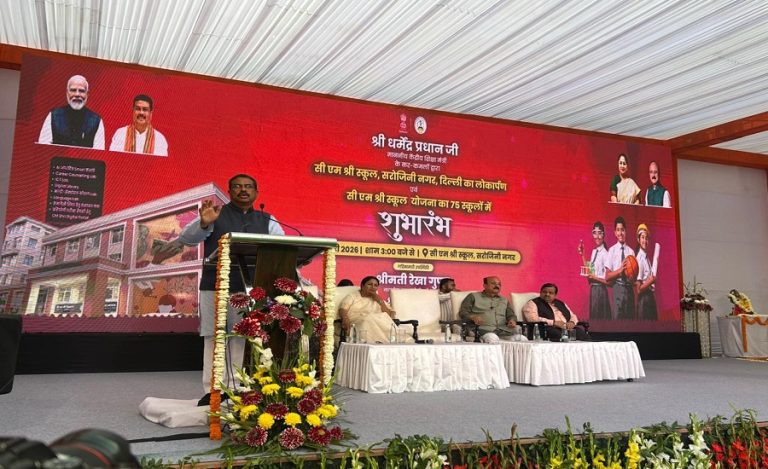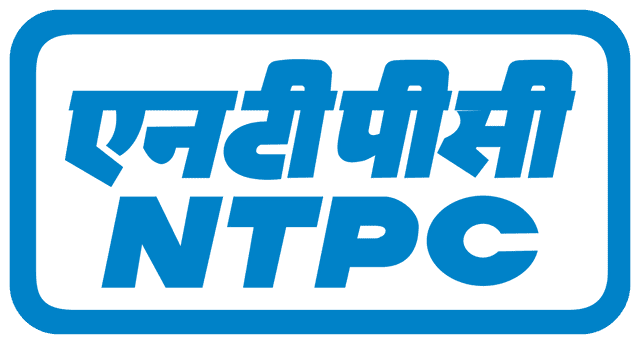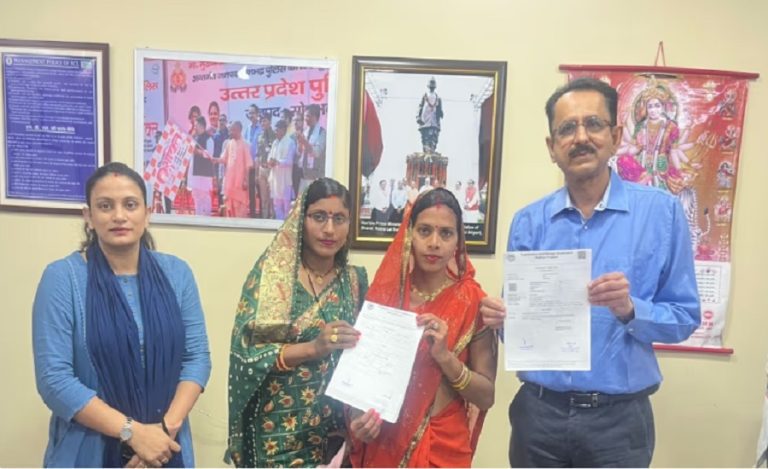Chief Justice of India (CJI) Mr. Bhushan Ramakrishna Gavai, the 52nd CJI, has termed the Supreme Court’s recognition of the “creamy layer” principle within the SC/ST communities as one of the most defining moments of his judicial career. In a recent interview, he said, “Treating children of SC/ST officers in top positions as equally entitled to reservation benefits undermines the spirit of affirmative action.”
His comments follow a recent Supreme Court ruling on a Public Interest Litigation (PIL) that approved the sub-categorisation within SC/ST groups to ensure that reservation benefits are more equitably distributed among the truly underprivileged.
CJI Gavai Warns Against Judicial Overreach
CJI Gavai also issued a cautionary note on the role of the judiciary, stating, “Judicial activism will continue, but it should not cross into judicial audacity or judicial terrorism.” He stressed the importance of maintaining institutional boundaries: “Parliament makes laws, the Executive implements them, and the Judiciary ensures constitutional compliance. Encroachment disrupts this delicate balance.”
Focus on Reducing Pendency, Rural Court Infrastructure
The second Dalit and the first Buddhist to hold the post of Chief Justice of India, Mr. Gavai took office on May 14, 2025. He has declared he will not accept any government position after retirement, reflecting his personal philosophy. His current focus is on reducing the backlog of 81,000 cases in the Supreme Court and strengthening infrastructure in rural courts.
Key Judgments and Judicial Legacy
With around 300 authored judgments to his name, CJI Gavai has played a pivotal role in several historic rulings. He was part of the Constitution Bench that upheld the abrogation of Article 370, aligning with Dr. B.R. Ambedkar’s vision of “One Nation, One Constitution.” He was also instrumental in the scrapping of the electoral bond scheme, deeming it inconsistent with transparency in political funding, and has contributed significantly to jurisprudence on freedom of expression.
Also Read: CJI BR Gavai: “Constitution is Supreme, Not Parliament” – Asserts Independence of Judiciary




























